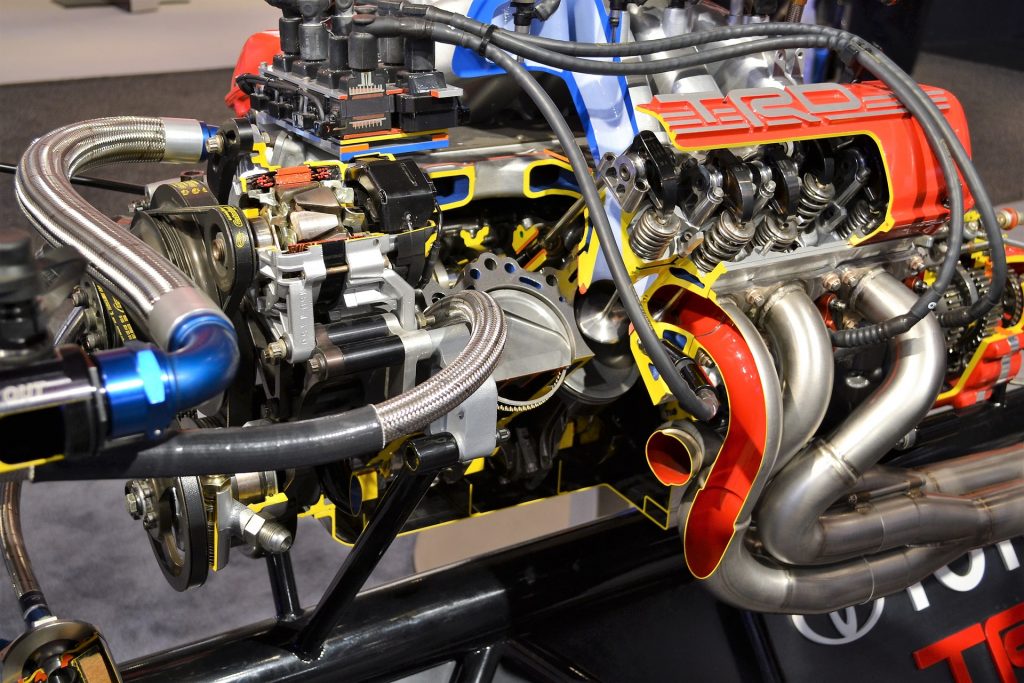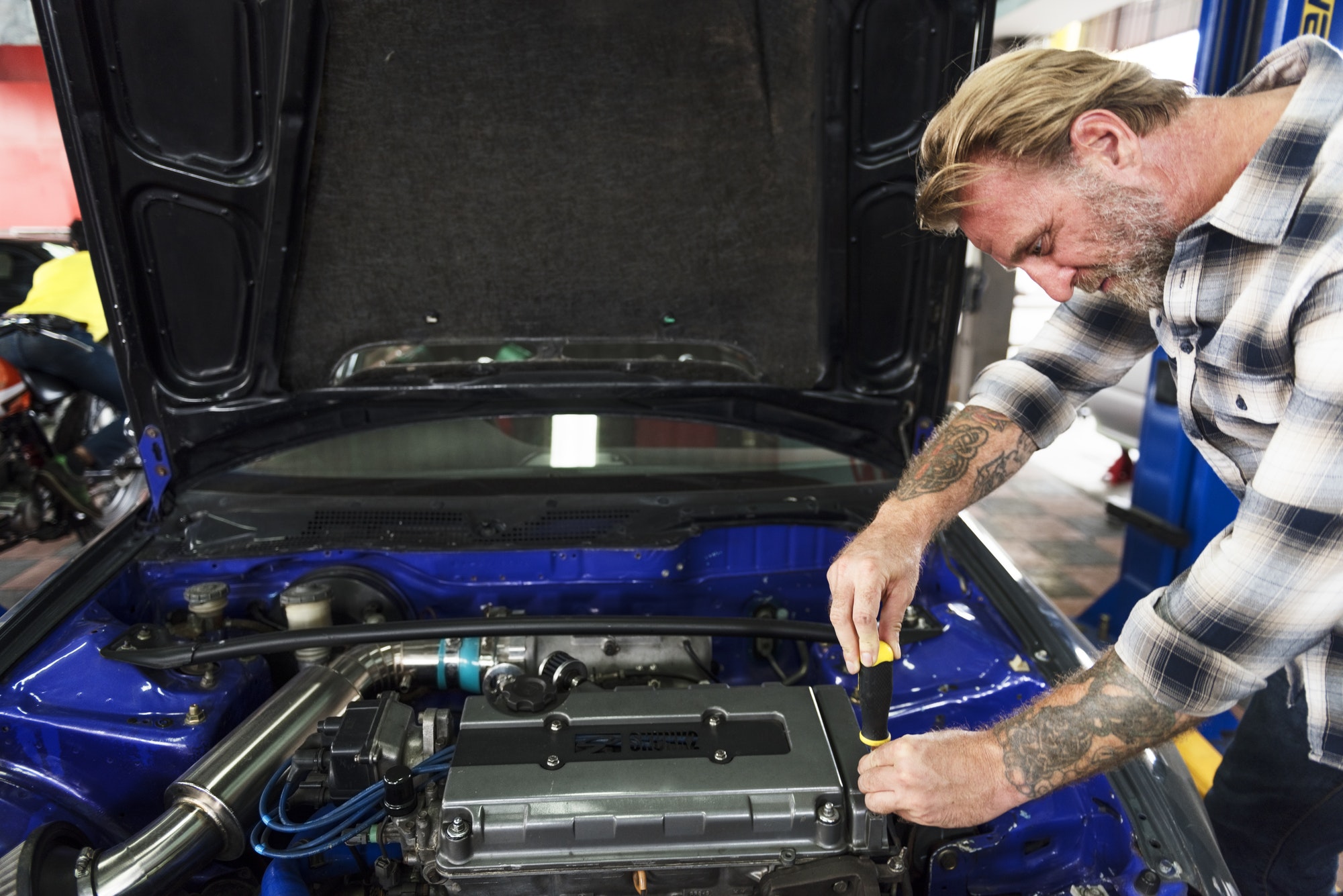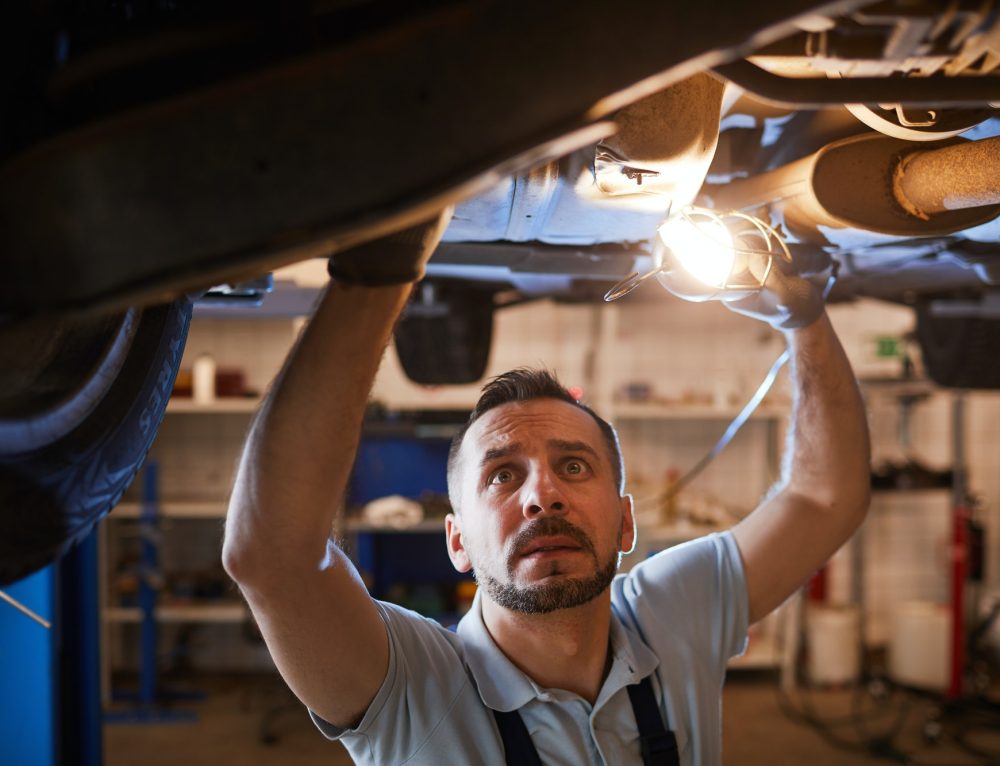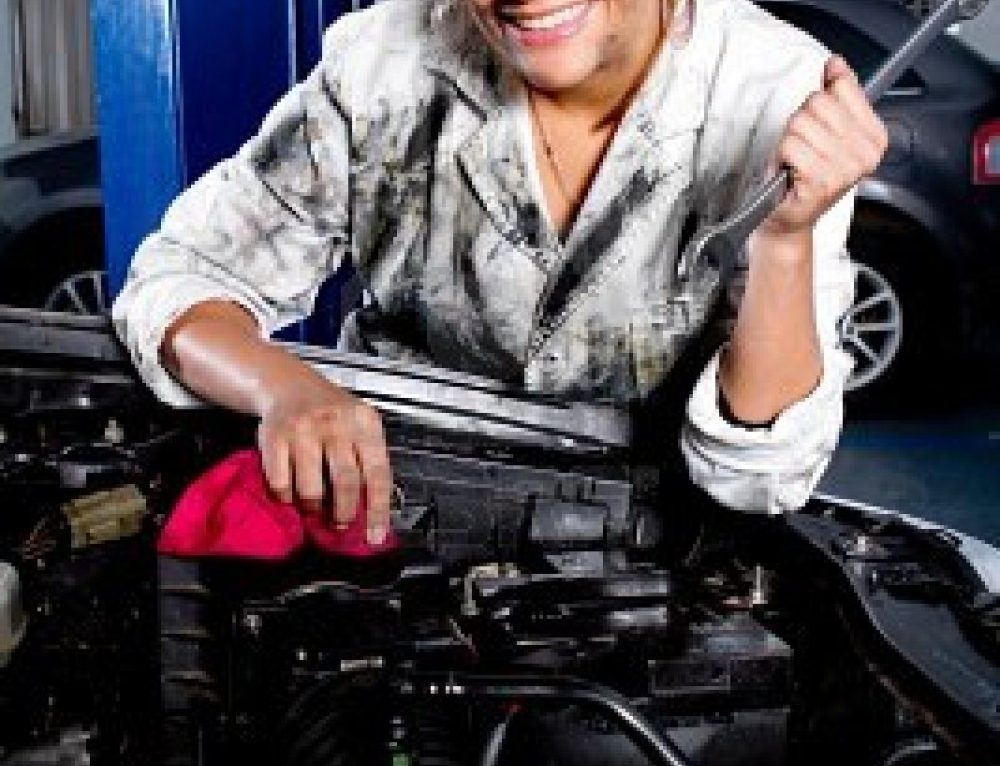We bet you love your diesel powered vehicle and you want it to serve you for a long time. If that wasn’t true, you wouldn’t be reading this. For that to be possible, you need to maintain your diesel engine properly.

Now, for this, you may want to employ the services of a professional automotive technician or a mechanic. That is very good. But if you’re a hands-on person, there are tips you can use to maintain your diesel powered vehicle like a pro. These tips are quite easy and would save you some money. What is more, it helps increase the longevity of your vehicle.
Flush the Radiator
One very important aspect of every vehicle, especially a diesel powered vehicle, is the cooling system. Drain and replace the coolant regularly. Flushing the system is important to remove deposits that accumulate over a while. Antifreeze is important for the radiator to function properly, so be on the lookout for antifreeze leaks. To prevent overheating, keep a regular watch on the temperature gauge on your dashboard and pull over if you notice the temperature limit has been exceeded.
Use the Proper Oil Filter
This is very essential. Particles made of sulfur and carbon residue are created when a diesel powered vehicle is not completely burned up during combustion. These particles can get into the engine oil. When this happens, the particles wear down engine parts due to abrasion and also damage bearings and precision parts of the engine.
Using a proper oil filter accomplishes the following for your car engine
- Ensures that the oil transferred through the engine is of good quality
- It prevents failing of engine parts
- It maintains the efficiency and health of the diesel engine .
Glow Plug Inspection
Glow plugs are the spark plugs of diesel engines. Glow plugs are very essential to diesel engines and they serve the following purposes:
- Providing heat that the engine compresses to ignite air/fuel mix
- Warms the engine to produce the necessary heat to get the car started
Glow plugs need to be maintained, especially in a diesel powered vehicle. You can monitor them for corrosion. They could also be cleaned by simply removing them and spraying thoroughly with brake parts cleaner, then air drying. This removes loose carbon deposits from the plugs.
Gasket Inspections
The gasket is a very essential part of a diesel engine. A lot of pressure is put on the gaskets because they work under harsh conditions. There are two ways you can maintain them.
- Check for gasket leaks
- Ensure that the mounting bolts are tight to avoid engine oil leaks
Other Tips for Maintaining Your Diesel Engine
- Glow plugs need to be maintained, especially in a diesel powered vehicle, where proper maintenance is crucial for optimal performance. You can monitor them for corrosion. They could also be cleaned by simply removing them and spraying thoroughly with brake parts cleaner, then air drying. This removes loose carbon deposits from the plugs.
- Ensure the mechanic you use has an ASE certification before allowing them to operate on your vehicle. This certification confirms the mechanic has a lot of experience working on cars. This tells you that the mechanic is qualified to work on your car.
- Get yourself a good battery charger, making sure to keep it inside the car. People commonly experience dead batteries, making battery chargers good for helping stranded drivers, especially if you’re in a diesel powered vehicle. Learn how to find connection points so that you can use the charger with ease.
- Buy a good battery charger to keep in the car. Dead batteries are common, and a good battery charger will come in handy more than once. Find out where to connect the charger to your car.
- Regularly check your radiator. Let the car idle for a short period first, but only long enough to let the fluid circulate. You should never open the radiator of a car that is running. Use a dipstick to check the fluid level in your radiator and mix some coolant with water if you need to add more fluid.
- When you arrive at a repair shop, don’t be afraid to ask questions. Make sure to consider previous problems you’ve had, and ask how to prevent them. Learning how to prevent certain issues will help you save a lot of money.
- Ask the tech if they’ve done work on your model and make of car before, especially if it’s a diesel powered vehicle. If they have worked on similar vehicles, this should inform you that they know what your car needs to work properly.
- You need to see if the mechanic has ever done work on the exact same type of car before. If so, they will probably know what must be done to help your car work again.
- You don’t want rust to attack your car so take the time to wash it on a regular basis. All cars are going to rust, so make sure that you wash your vehicle at least once a month. A good wax is your best friend: a friend that will protect that shiny new paint job for a long time.
- Asking around for recommendations is a great opportunity to locate a mechanic you can trust. Get recommendations from family and friends. Ask about how much they paid, the quality of the repairs and the customer service. Their experiences can be a huge help.
- You need your records available at all times. It’s wise to keep them in your glove compartment in case you need to go to an auto repair shop on the fly. Auto repair professionals likely will want to see those records. Good documentation can help diagnose problems a lot faster.
- Keep your car records on hand. Keeping them in the glove compartment is smart. Auto repair professionals likely will want to see those records. The records can help them figure out the problem.
These are just some ways you could care for your diesel powered vehicle engines. Proper maintenance is also essential for the workability of your diesel engine. If you’re having a problem with your diesel powered vehicle and you would like for it to be repaired or serviced by a professional, give us a call at 602-888-2544. We would be happy to offer our services to you. Our aim is to deliver excellent professional services to our customers. Contact us now!
Frequently Asked Questions
What is the importance of maintaining a diesel powered vehicle?
Maintaining a diesel powered vehicle is crucial to ensure its longevity and optimal performance. Regular maintenance such as flushing the radiator, inspecting glow plugs, and using the proper oil filter can prevent costly repairs and keep the engine running smoothly for years.
How often should I flush the radiator in my diesel powered vehicle?
Flushing the radiator in your diesel powered vehicle should be done regularly to remove deposits that accumulate over time. It’s important to drain and replace the coolant periodically to prevent overheating and ensure the radiator functions properly.
Why is using the proper oil filter important for my diesel powered vehicle?
The proper oil filter in your diesel powered vehicle helps remove harmful particles, like carbon residue and sulfur, that can cause engine damage. A good oil filter ensures that the oil remains clean and prevents wear on engine parts, maintaining the efficiency of your diesel engine.
How do I know if my glow plugs need maintenance in my diesel powered vehicle?
Glow plugs are essential for starting a diesel powered vehicle and maintaining engine performance. To ensure they function properly, regularly inspect for corrosion or wear. Cleaning them with brake parts cleaner or replacing them when needed can help keep your engine running smoothly.
How can gasket inspections help maintain my diesel powered vehicle?
Gasket inspections are vital for maintaining the integrity of your diesel powered vehicle’s engine. Checking for leaks and ensuring that mounting bolts are tight can prevent engine oil leaks and pressure issues, which could otherwise lead to serious engine damage.






